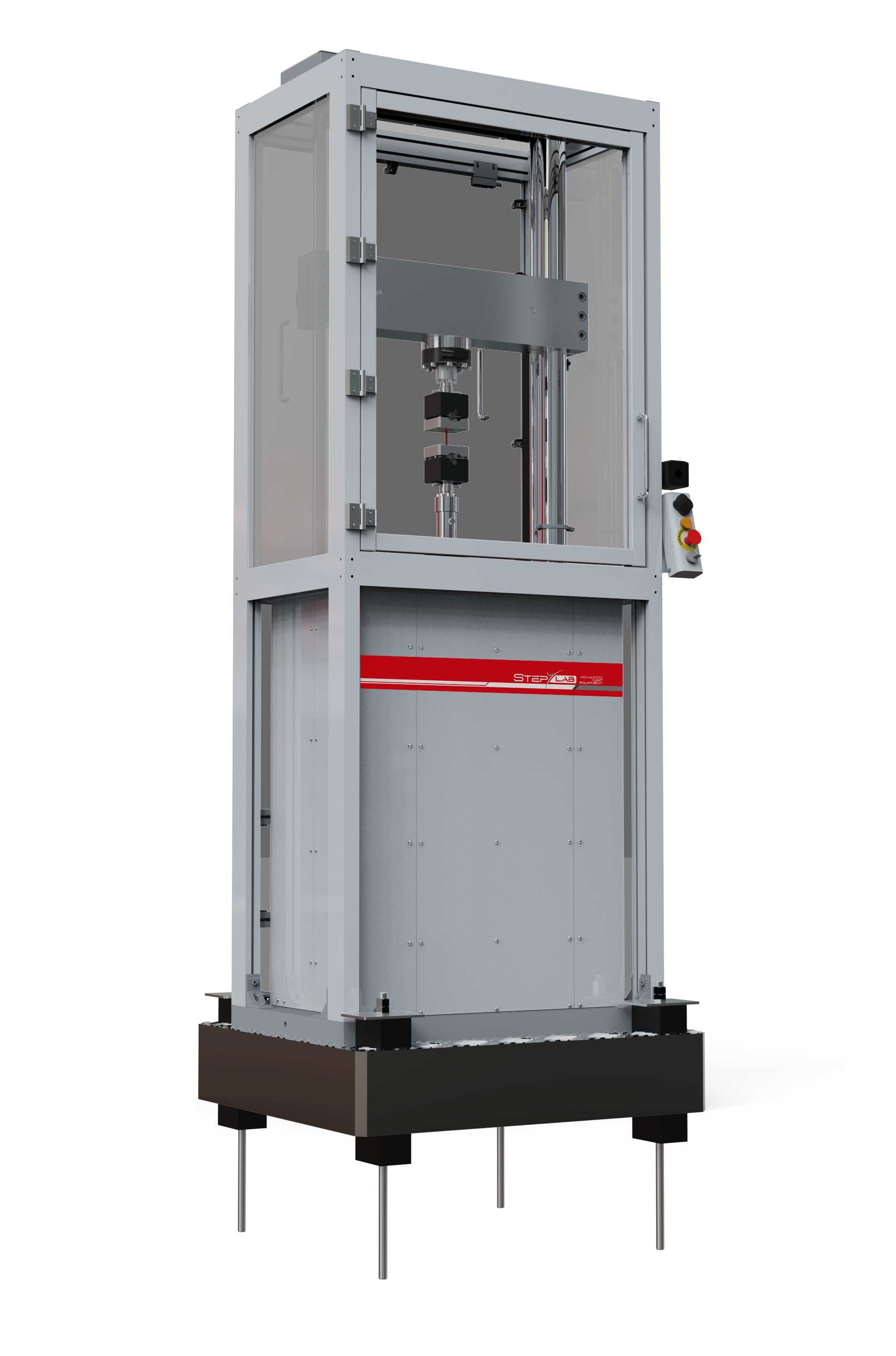LOW CYCLE FATIGUE TESTS (LCF)
Low cycle fatigue (LCF) testing stands as a cornerstone in materials engineering, particularly in scenarios where components are subjected to cyclic loading under extreme thermal and mechanical stresses. Unlike high cycle fatigue, which involves a large number of cycles before failure, LCF testing focuses on simulating cyclic loading until failure occurs within a limited number of cycles. This testing methodology, which is part of fatigue testing, is pivotal for assessing the fatigue resistance of materials in critical applications such as turbine blades, aircraft engine components, and exhaust systems. By understanding and analyzing the behavior of materials under cyclic loading conditions, engineers can make informed decisions regarding material selection, design optimization, and product performance enhancement.
What is low cycle fatigue (LCF)?
Low cycle fatigue (LCF) represents a specialized field within materials engineering that focuses on understanding the mechanical behavior of materials when subjected to cyclic loading at relatively low numbers of cycles, typically up to 10^5 cycles or fewer. Unlike high cycle fatigue (HCF), which primarily concerns materials failure after a large number of cycles, LCF delves into the intricacies of material behavior under cyclic loading conditions that induce significant plastic deformation. This phenomenon is particularly relevant in applications where components experience intense thermal and mechanical stresses, such as in aerospace, automotive, and power generation industries. LCF testing provides invaluable insights into how materials respond to cyclic loading, including phenomena like strain-induced plastic deformation, crack initiation, and propagation. By pinpointing the critical fatigue mechanisms that lead to failure, engineers can refine material selection, optimize component design, and enhance product durability and reliability.
Low cycle fatigue (LCF) testing procedure
The testing procedure of Low cycle fatigue (LCF) is meticulously designed to simulate real-world conditions and assess the fatigue resistance of materials under cyclic loading. The process typically begins with the preparation of specimens, which are carefully machined to meet specific dimensional and surface finish requirements. These specimens are then mounted onto the testing machine capable of applying dynamic loads with precision. During the test, the specimen is subjected to cyclic loading at a predetermined frequency and amplitude, while parameters such as temperature and strain rate are controlled to replicate operational conditions. Advanced testing software is utilized to monitor the specimen’s response in real-time, capturing data on variables such as load, displacement, and time. The test continues until failure occurs, typically manifested as crack initiation and propagation. Through this comprehensive testing procedure, engineers gain valuable insights into the material’s fatigue behavior, enabling them to make informed decisions regarding material selection, design optimization, and product performance enhancement.
The test frequency is usually lower than (or equal) to 1 Hz, although this limit is constantly shifting upwards, so LCF tests are being performed at up to 10 Hz.
Why perform tests at LCF?
Conducting tests at Low cycle fatigue (LCF) plays a pivotal role in materials engineering for several compelling reasons:
- Accurate Simulation of Real-World Conditions: LCF testing allows engineers to replicate operational environments where components experience cyclic loading at relatively low numbers of cycles, providing a realistic assessment of material fatigue resistance.
- Identification of Failure Mechanisms: By subjecting materials to LCF conditions, engineers can observe and analyze failure mechanisms such as crack initiation and propagation, enabling proactive measures to mitigate the risk of failure.
- Insights into Material Behavior under Extreme Stresses: LCF testing provides valuable insights into how materials respond to extreme thermal and mechanical stresses, aiding in the development of strategies to enhance material performance and durability.
- Optimization of Material Selection and Design: Through LCF testing, engineers can evaluate the performance of different materials and design configurations, facilitating the selection of optimal materials and the refinement of component designs to meet specific application requirements.
- Enhanced Product Performance: By conducting tests at LCF, engineers can ensure the structural integrity, durability, and reliability of components, ultimately leading to enhanced product performance and longevity.
Overall, the performance of tests at LCF is indispensable for ensuring the structural integrity, durability, and reliability of materials in critical industries such as aerospace, automotive, and power generation.




